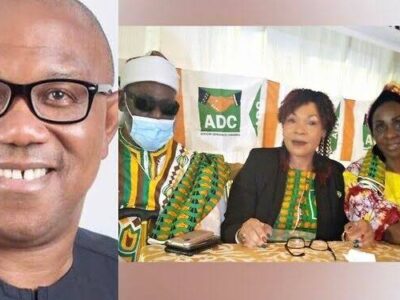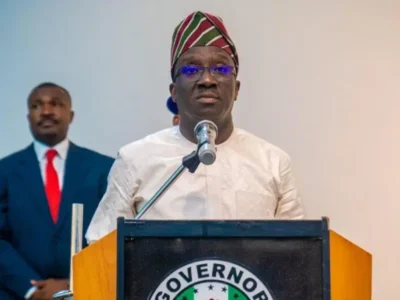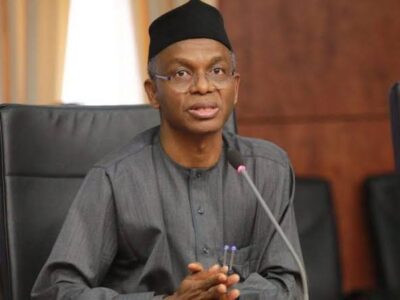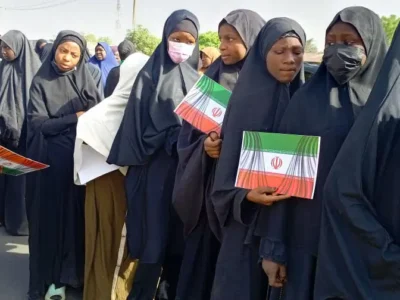The Federal Government has officially scrapped the policy mandating the use of indigenous languages as the medium of instruction in Nigerian schools.
The Minister of Education, Dr. Tunji Alausa, announced the decision on Wednesday at the 2025 Language in Education International Conference organised by the British Council in Abuja.
According to the minister, the decision to discontinue the 2022 National Language Policy—which required the use of mother tongue or the language of the immediate community from Early Childhood Education to Primary Six—was reached during the 69th National Council on Education meeting held in Akure, Ondo State, from November 3 to 7.
Alausa explained that the reversal was driven by data showing declining academic performance in areas that had heavily adopted mother-tongue instruction.
“We have seen a mass failure rate in WAEC, NECO, and JAMB in some geopolitical zones that oversubscribed to mother-tongue instruction,” he said. “This is about evidence-based governance. English now stands as the medium of instruction from pre-primary to tertiary levels.”
He added that 15 years of indigenous-language teaching had “literally destroyed education in certain regions,” noting that students taught mainly in local languages struggled with English comprehension and performed poorly in national examinations.
“The national policy on language has been cancelled,” Alausa declared. “English will henceforth serve as the language of instruction at all levels of education.”
The minister urged stakeholders who disagree with the decision to present verifiable data to support their stance, emphasizing that the government remains open to evidence-based dialogue aimed at improving learning outcomes.
Meanwhile, Minister of State for Education, Prof. Suwaiba Ahmed, disclosed that the government is developing new teacher training packages focused on literacy and numeracy for early-grade teachers.
“We are training teachers of pre-primary to Primary Three on effective methods of teaching literacy, numeracy, and classroom management,” she said.
British Council Country Director, Donna McGowan, reaffirmed the organisation’s support for Nigeria’s education reforms, particularly in teacher development, school leadership, and language proficiency.
“We’re committed to working hand-in-hand with the Ministry of Education to strengthen the sector,” McGowan noted.
The now-abandoned policy had been introduced in 2022 to promote indigenous languages and cultural identity while improving early learning outcomes. With its repeal, English once again becomes the sole language of instruction across Nigeria’s education system.




















Comments